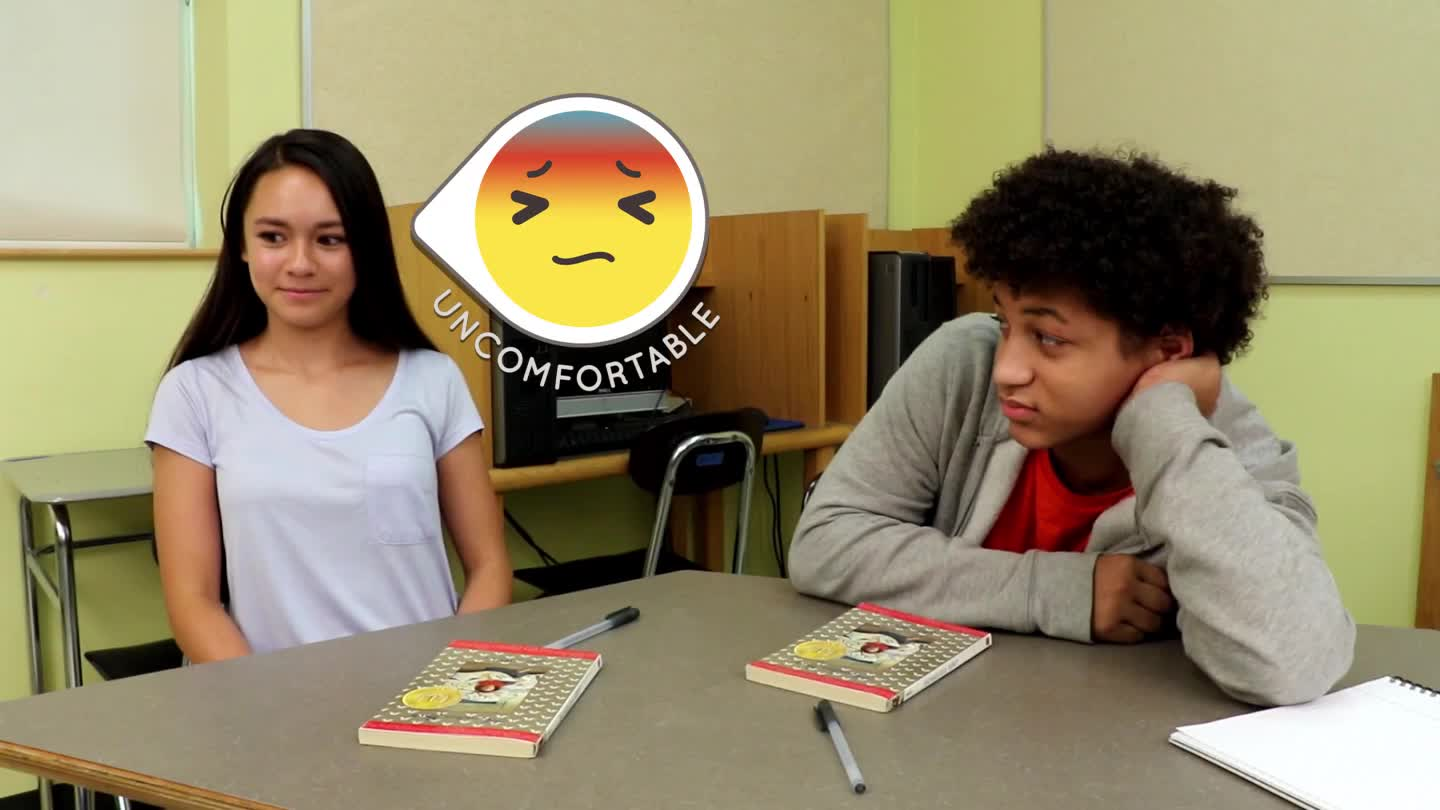Introduction
Teaching students about personal boundaries is an essential aspect of social-emotional learning. It helps them understand that there are certain topics that are appropriate to discuss with different people in their lives. When students learn about boundaries, they can avoid oversharing or making others feel uncomfortable by discussing personal topics with acquaintances. This blog post will provide educators with an easy-to-implement activity, discussion questions, and related skills to help students learn about boundaries and when it is appropriate to share personal information.
No-Prep Activity: The Sharing Game
This activity requires no preparation or materials and is designed to help students learn about boundaries and oversharing. The objective of the game is for students to understand the difference between sharing personal information with close friends, family members, and acquaintances.
- Ask students to sit in a circle.
- Explain that they will be taking turns sharing something about themselves, but they must decide whether it is appropriate to share with the whole group (acquaintances) or only with close friends and family members.
- Give each student a turn to share. After each student shares, ask the rest of the group if they think it was appropriate to share with acquaintances or if it was too personal.
- After everyone has had a turn, discuss the importance of not oversharing with acquaintances and respecting personal boundaries.
Discussion Questions
- Why is it important to be aware of the topics we discuss with acquaintances?
- How does oversharing make others feel, and why might it be uncomfortable for them?
- What are some examples of personal topics that should be reserved for close friends and family?
- How can you tell if someone is uncomfortable with the information you are sharing?
- What should you do if you realize you have overshared with someone?
Related Skills
Teaching students about boundaries and oversharing also helps them develop other important social-emotional skills, such as:
- Empathy: Understanding how others may feel when personal information is shared inappropriately.
- Active listening: Paying attention to non-verbal cues that may indicate someone is uncomfortable with the conversation.
- Conflict resolution: Knowing how to handle situations where personal boundaries have been crossed, and resolving any discomfort that may arise.
Next Steps
Teaching students about boundaries and oversharing is just one aspect of social-emotional learning. To continue building their social skills, consider exploring other related topics, such as empathy, active listening, and conflict resolution. To access free samples of lessons and activities that address these skills, visit Everyday Speech’s sample materials. By incorporating these lessons into your curriculum, you can help students develop the skills they need to navigate their social world with confidence and understanding.






